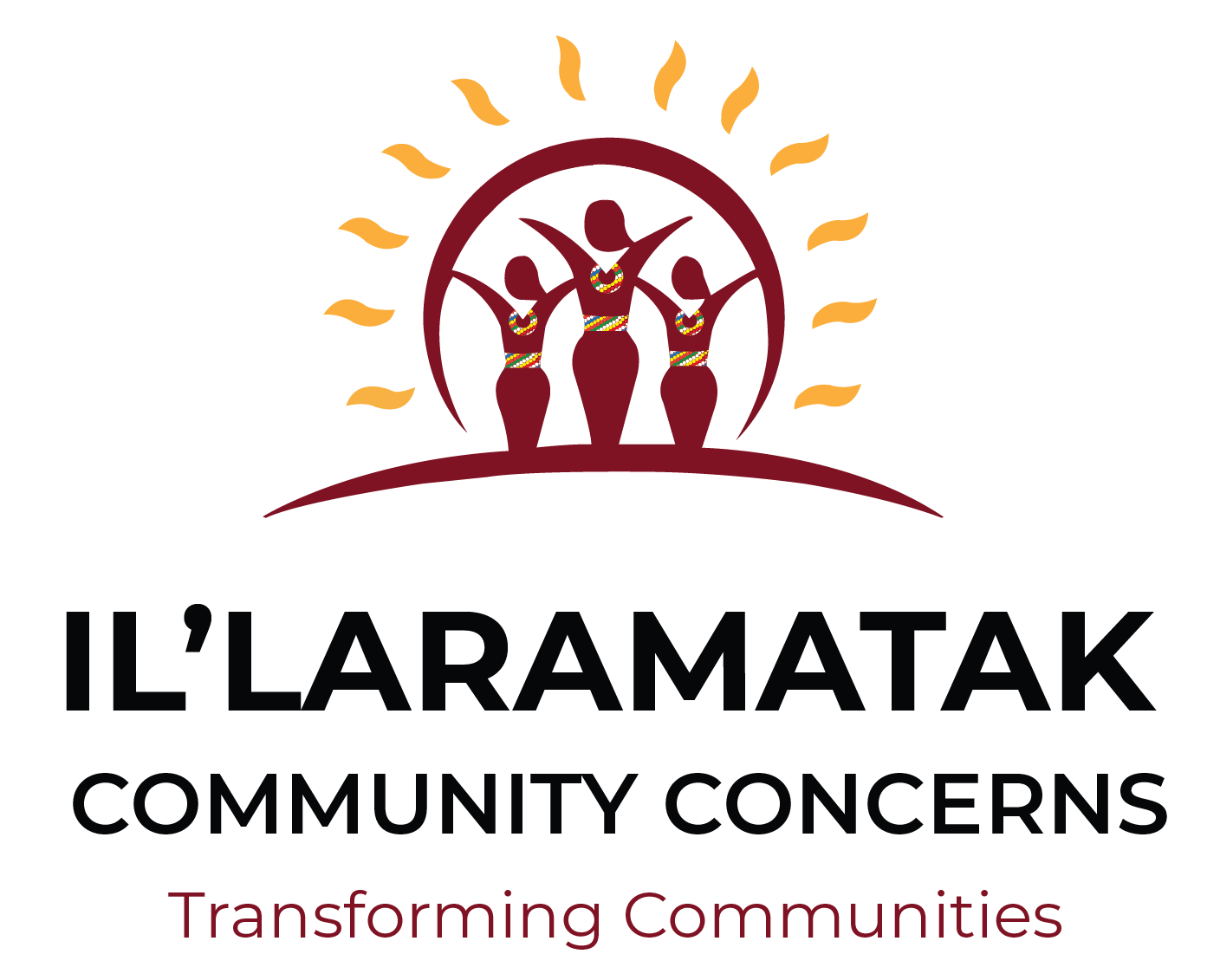What we do
OUR THEMATIC PROGRAMS
At Il`laramatak Community Concerns, our mission comes to life through a vibrant web of interconnected programs—each one a pillar supporting the holistic empowerment of indigenous women and girls. Rooted in tradition, driven by purpose, and united by vision, these four thematic areas work together to advance gender equality, nurture resilience, and spark lasting change from the ground up. The thematic pillars are explained hereunder;
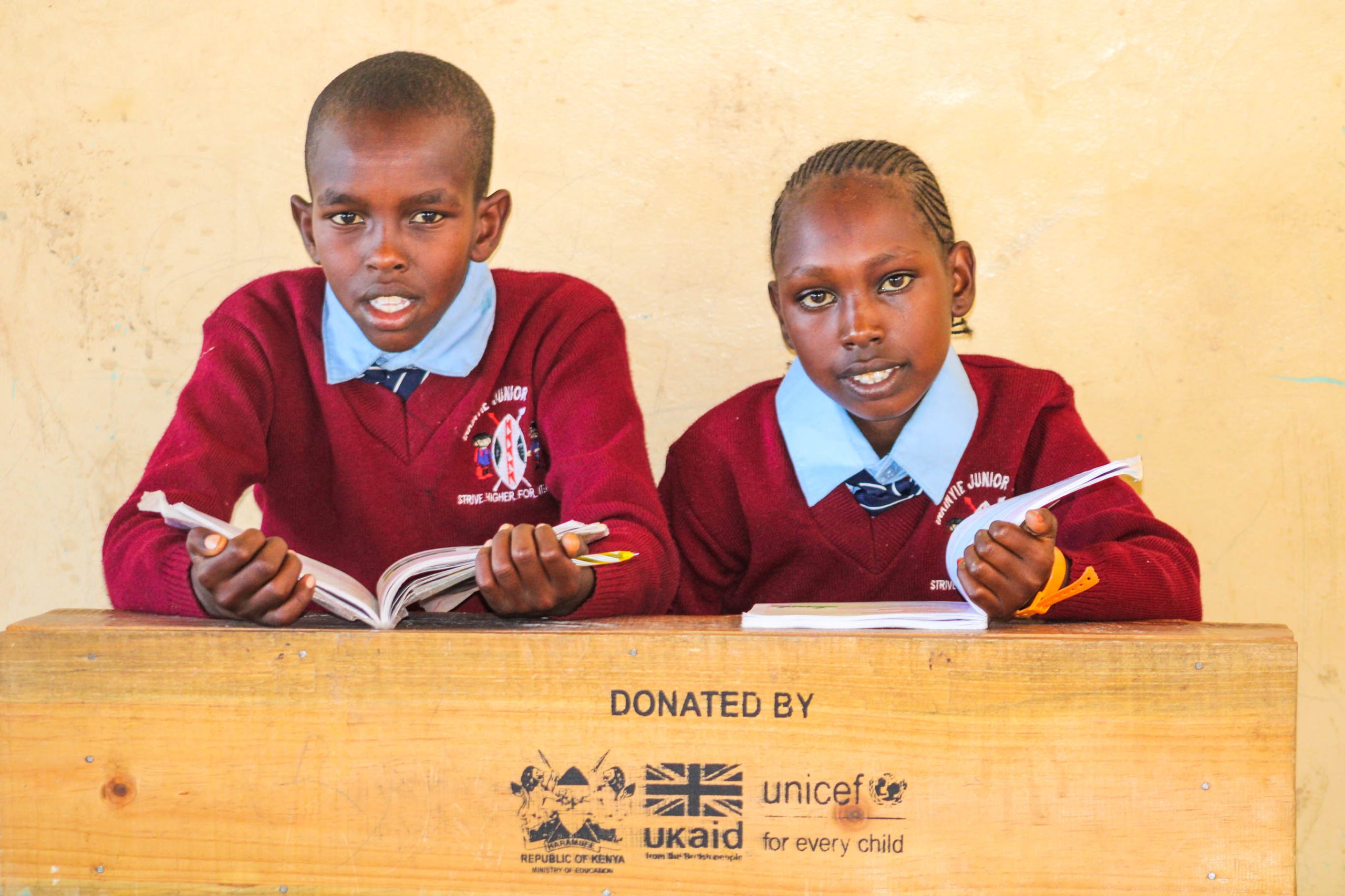
Education
Education is one of the factors that most influences the progress and development of people and societies.
In addition to providing knowledge, and learning, Education enriches culture, spirit, values and everything that characterizes us as human beings.
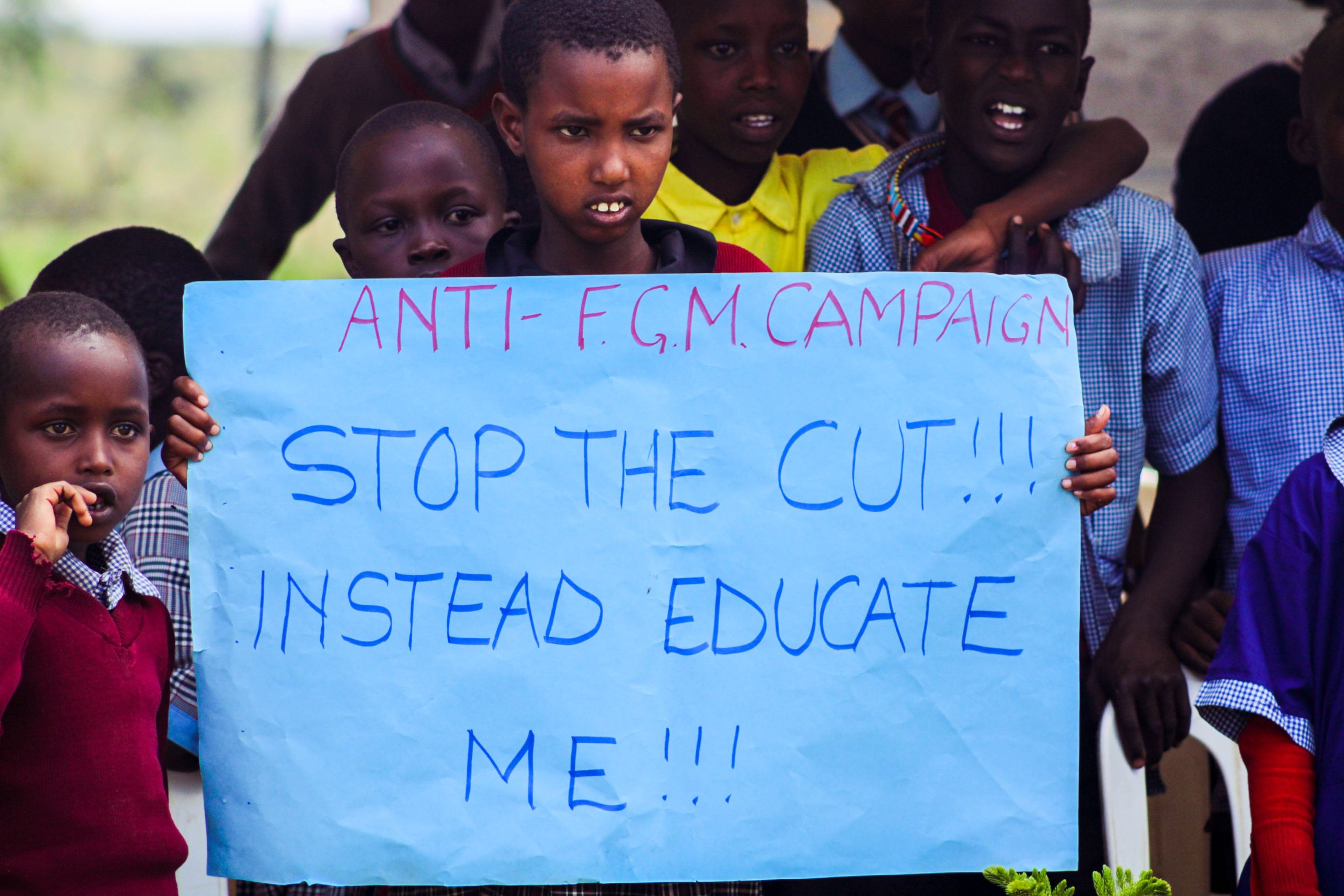
GENDER JUSTICE
Gender justice entails ending the inequalities between women and men that are produced and reproduced in the family, the community, the informal and formal workspace and the state. It also requires that mainstream institutions - from justice to economic policymaking - are accountable for tackling the injustice and discrimination that keep too many women poor and excluded.
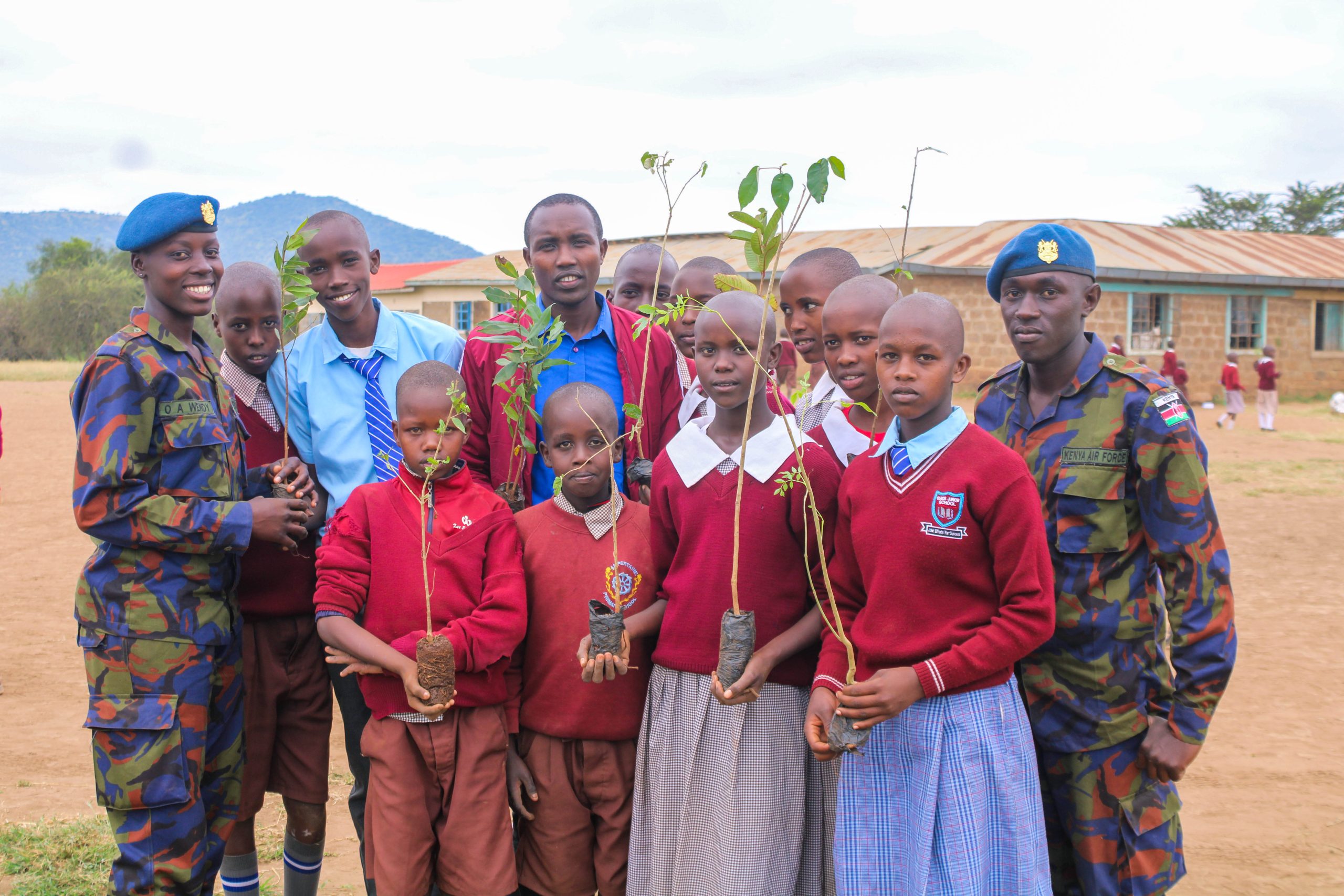
CLIMATE JUSTICE FOR GENDER EQUALITY
Among the Maasai pastoralist community, impacts of climate
change affect women and men differently. Women are often
responsible for collecting water and sourcing fuel for heating
and cooking. With climate change, these tasks are becoming
more difficult. Extreme weather events such as droughts and
floods have a greater impact on the poor and most vulnerable
indigenous women.
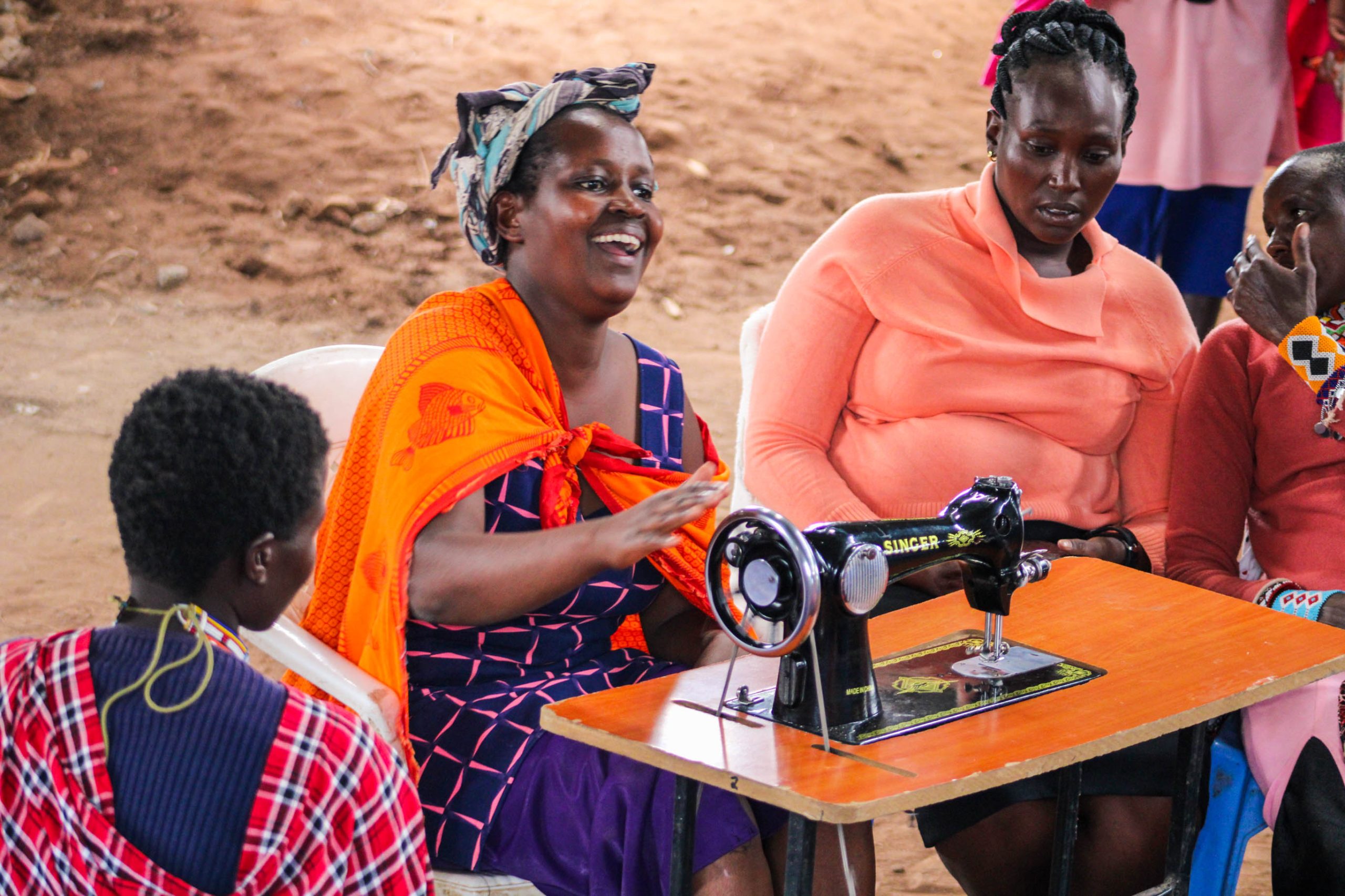
WOMEN ECONOMIC EMPOWERMENT
Il`laramatak Community Concerns is in full realization that
Women Economic Empowerment is
the capacity of women
to participate in, contribute to and benefit from growth
processes, in ways that recognize the value of their
contributions, respect their dignity and make it possible to
negotiate a fairer distribution of the benefits of growth.
